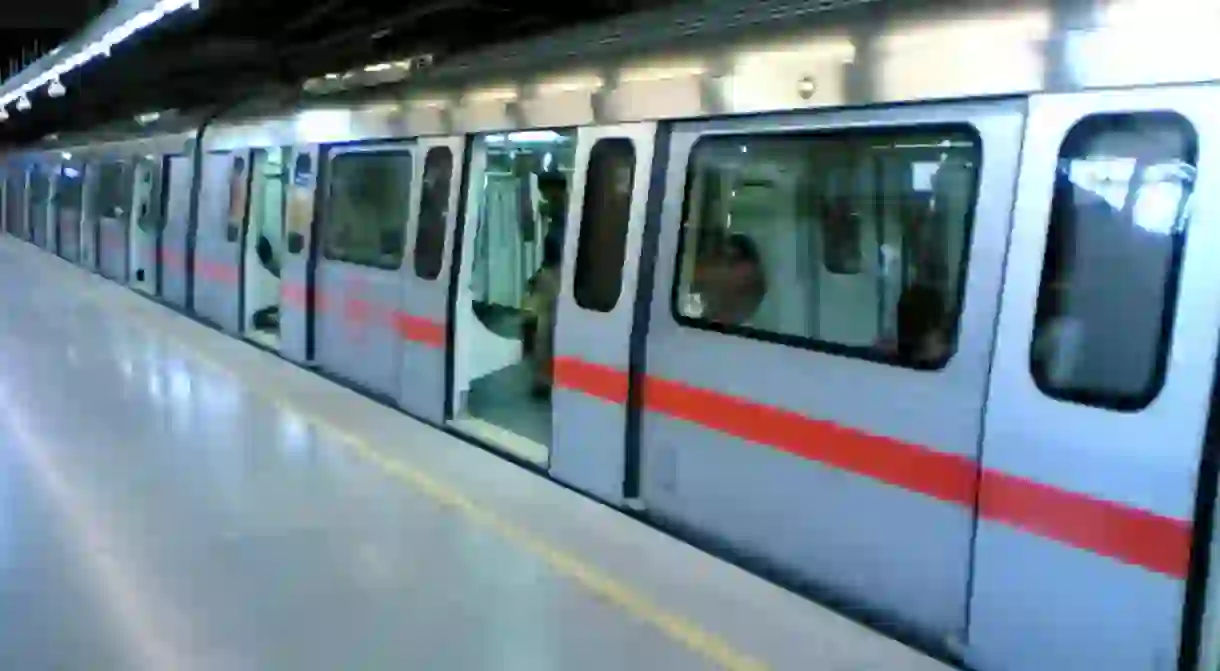Why We Need to Learn from the World's First Ever Green Metro System in India

The global demand for energy is constantly on the rise, with consumption expected to double and even triple in the next few years. With major countries such as China, India and the USA being at the forefront of this use, it’s become crucial to take action. Fortunately, India has taken the first step forward to reduce the burden on the environment by aiming to make the Delhi Metro, India’s capital city rail system, 100% green!
It’s true: the Delhi Metro has earned the status of the ‘World’s First Green Metro’, owing to the continued efforts of the Delhi Metro Rail Service (DMRC) in building an eco-friendly and energy efficient metro system. It has attained this prestigious status by following the green building norms set by the Indian Green Building Council (IGBC) to the letter.
The Delhi Metro has pioneered many other firsts in the past: it was the first metro in the world to receive carbon credits in 2008 from the United Nations for its work in bringing down greenhouse gas emissions. In 2015, the DMRC was the first metro to come under the United Nation’s Clean Development Mechanism. The DMRC has also got numerous green certifications for its Phase III stations, substations and depots.

What led to this title?
In the last 40 years, energy consumption in India has grown by 700% and by 2030, it is expected to triple. This makes it imperative for the urban transport sector, which is the chief energy user, to work towards energy savings and go green. Delhi Metro already has a few strategies in place such as reducing its carbon footprint by installing several solar power systems across the networks, making roofs of highly reflective material and insulating the walls and roofs of stations. DMRC aims to make about a sixth of its power from solar energy in the next five years, thus promoting clean energy.
The elaborate strategies cover carbon dioxide reductions and better waste management arrangements as well as water savings. All these efforts will not only result in energy savings, but the operational expenditure will reduce considerably.














